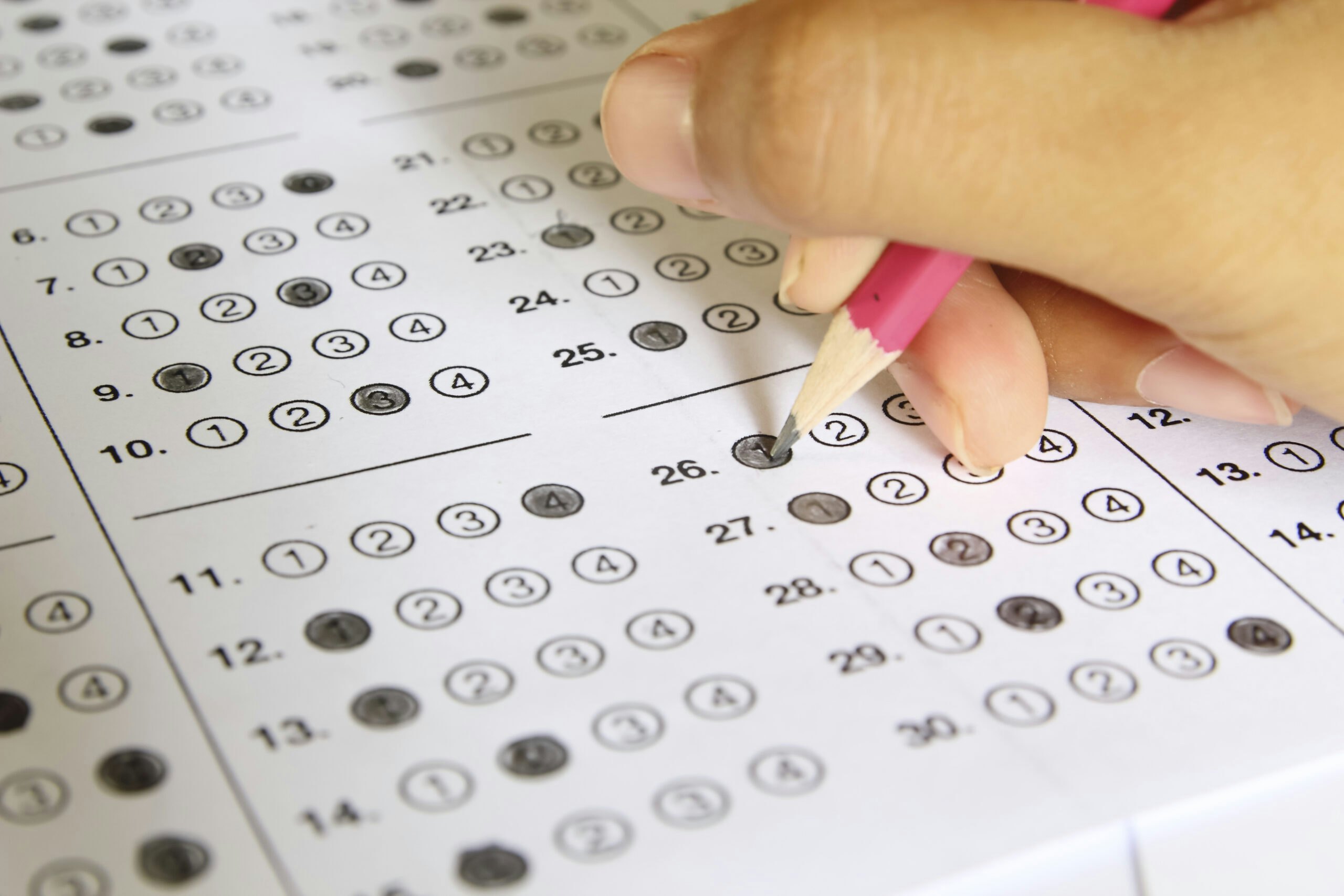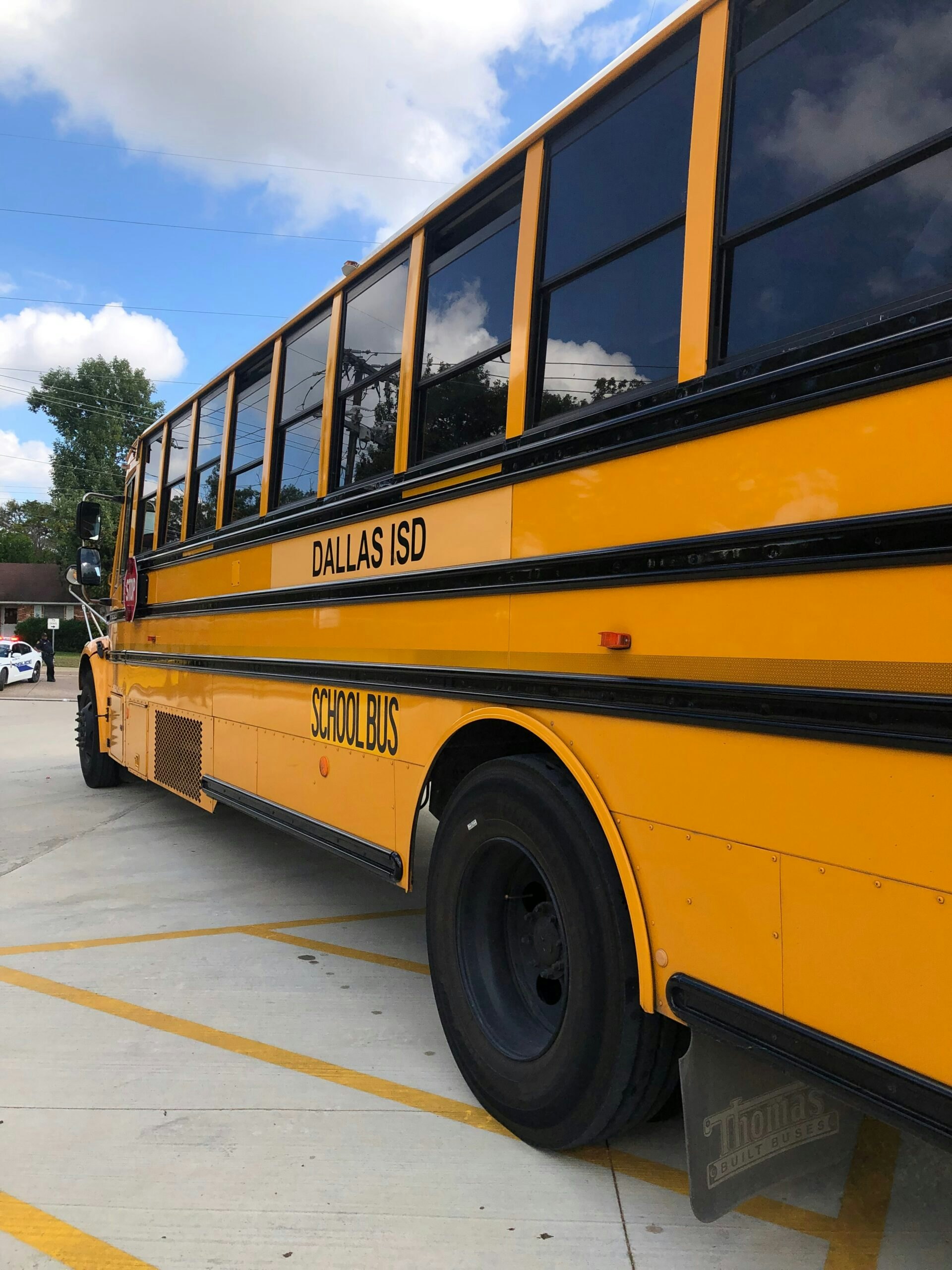Luis Guillermo Solis, former President of Costa Rica from 2014 to 2018, describes how authoritarian trends are at work in nations like Nicaragua and El Salvador. He likewise details his concerns about democracy across Latin America.
Luis Guillermo Solis served as President of Costa Rica from 2014 to 2018. An educator by profession, Solis graduated from the University of Costa Rica and holds a master’s degree in Latin American Studies from Tulane University. He teaches at Florida International University, where he serves as Interim Director of the Kimberly Green Latin American and Caribbean Center. The Central American leader also writes widely on national and international affairs.
President Solis describes how authoritarian trends are at work in nations like Nicaragua and El Salvador. He likewise details his concerns about democracy across Latin America. The Central American leader also presents ways to stabilize the region’s democracies in this interview with David Kramer, the Bradford M. Freeman Managing Director of Global Policy at the George W. Bush Institute; Christopher Walsh, Deputy Director of Freedom and Democracy at the Bush Institute; and William McKenzie, Senior Editorial Advisor at the Bush Institute. To Solis, the answer must start with good public education, quality health care, economic stability, and trustworthy elections.
Let’s start by focusing on Central America, a region you know very well. What trends do you see when it comes to democracy and freedom in Central America?
I’m very concerned about Central America. I see a regression from the time we tried to create viable democracies in the early 1990s to now when autocratic and even authoritarian trends are developing.
The situation is dire in Nicaragua, where a full-fledged dictatorship has taken power under the control of the Ortega-Murillo families. The situation in Central America is getting complicated, and democratic quality is decreasing significantly in El Salvador as well with the increasingly populist but popular rule of President Nayib Bukele.
When you add in the weakness of state institutions in Guatemala and Honduras, the result is a region that is vulnerable because of serious national and regional structural problems.
I’m very concerned about Central America. I see a regression from the time we tried to create viable democracies in the early 1990s to now when autocratic and even authoritarian trends are developing.
They include transnational organized crime and disasters and extreme events that result from climate change. All of these can have dire political, social, and economic impacts beyond national borders.
Looking at Latin America as a whole, what trends do you see there? Are they similar to what you just described in Central America? And is the rise of an active left in some Latin American nations a threat to democratic stability?
Some similar trends can be identified in the rest of Latin America and even other parts of the world, including the United States. The ascent of populist, authoritarian governments seems to be a dominant characteristic of our times. The rise of Jair Bolsonaro in Brazil and Andres Manuel Lopez Obrador in Mexico are good examples of this unfortunate turn of events. The same is true with Nicolas Maduro in Venezuela and Daniel Ortega in Nicaragua.
It is important to differentiate between nations whose state structures are solid, where institutions like the judiciary are strong and longstanding and enjoy the credibility and respect of the citizens in places like Colombia, Chile, Costa Rica, and Uruguay, versus cases where those institutions are very feeble or have become rapidly delegitimized due to corruption or political manipulation. The latter is the case in Guatemala, Honduras, Peru, and Ecuador.
There are other cases in which recent problems including street violence result from unexpected circumstances, such as the COVID-19 pandemic. The pandemic brought a lot of democratic dysfunctions to the surface. It highlighted the huge lack in health services provided by Latin American states and the enormous economic and social inequalities that have developed in the last two decades.
Anger resulting from this situation took over the streets in Bogota, Brasilia, Quito, and Santiago – all countries ruled by conservative governments. But the same response also happened in Cuba, where the communist regime promptly repressed the largest protests the island had seen in more than 30 years.
Based on your experiences as President of Costa Rica, a country that does very well in maintaining its “free” status in Freedom House’s rankings, what are the keys to a successful democracy or even countries looking to transition to democracy? What’s necessary to stay in that “free” category?
Economic and social stability are one fundamental matter. So are the existence of a good public education system, decent health provisions, and economies as diversified as one would or could expect in a region that depends upon tourism and the markets of the United States and Europe.
Costa Rica significantly depends on tourism, most of which comes from the U.S. Also, some 53% of all our exports result from selling sophisticated medical devices to the United States. There is no doubt about the importance of the U.S. to the Costa Rican economy.
Costa Rica also has a strong bond with European markets and has gradually diversified its production to reach more potential customers in Asia. Economic diversification in times of globalization is a key lesson learned, especially from Chile.
Good, quality elections are another essential factor. Elections sometimes are thought to be mere formalities. I don’t think so. They are a most fundamental part of the political structure without which democracy cannot develop and flourish.
There is a case to be made for participatory democracy, but the legitimacy of a political process in a democracy requires the carrying out of transparent, multi-party elections that are periodically supervised internationally. This entails functional political parties, but also a well-organized, conscientious, vocal, and mobilized civil society. A very active civil society should include the private sector participating in these processes, which ought to be organized and directed by a strong, independent electoral authority.
Finally, international solidarity is very important. I highlight this because many countries that previously supported democratic processes are beginning to falter. That’s because of different economic, financial, and even political conditions around the world.
Countries in developed, democratic, capitalist economies are looking inward more than keeping this broader world view. This has lessened the presence of some countries in ensuring the adequate development of democratic transitions. Worse, it has led some countries even to demand the “inclusion” of these regimes in international events in equal footing with true democracies. That was the case when Argentina, Bolivia, Chile, and Honduras demanded the presence of Cuba, Nicaragua, and Venezuela in the 2022 Summit of the Americas in Los Angeles.
What specific roles should other democracies play in helping countries make a transition to democracy or to consolidate an existing democracy?
Let me share some of my own experience as the chief of electoral observation missions from the Organization of American States (OAS) to Guatemala and Honduras. Had it not been for the presence of the OAS and other observation missions, including thousands of local observers from civil society in Guatemala and Honduras, those electoral processes would have been seriously hampered.
It was fundamental to have those witnesses accompanying the complicated circumstances that both Honduras and Guatemala faced during the electoral period. They experienced very serious human rights violations, killings of opposition candidates, and the active presence of transnational, organized crime that contaminated the process. This was especially evident in the interior regions, where controls from the authorities were weaker.
But the international community provided the funds for these missions to work. In the case of the OAS, thanks to the solidarity of governments from Europe, Asia, and the Americas, we were able to have around 90 observers in Guatemala and 110 in Honduras. Those delegations were some of the largest in the organization’s history.
More permanent, systematic work has traditionally been done before the elections by organizations like the International Republican Institute and National Democratic Institute. They support democratic development years prior to and beyond elections. They give democracy a chance through training, institutional development, and citizen awareness.
International solidarity is very important. I highlight this because many countries that previously supported democratic processes are beginning to falter. That’s because of different economic, financial, and even political conditions around the world.
The expectation that everything has to happen in real time conspires against some democratic objectives. For example, developing democratic behavior, or a truly democratic culture, takes time. There’s a certain sedimentation of values and principles that ought to take place gradually and incrementally. This generally entails formation, training, and educational processes, which do not happen overnight.
Democratic nations – especially those who are in complicated political transitions – must have the support of the multilateral agencies and most developed countries. They then can access, faster and more effectively, the economic possibilities that a globalized economy offers. So-called “near shoring,” or bringing back U.S. investments from China to locations in Latin America can be one of those positive factors.
Free trade can include fair trade possibilities, too. And when you see the amounts of money being given to Ukraine to defend itself against the Russian aggression, one wonders how far some countries could go in transitioning from dictatorship to democracy if they could receive just a little percentage of that military support.
We sadly see some countries that were making progress on their democratic transition, or were consolidated democracies, starting to move backward because of various factors. I think of Hungary, Turkey, or arguably to some extent, Poland. What can the United States and other democracies do to reverse the backsliding that’s happening in those countries?
You should add the Philippines as a possible candidate to go that way, too.
First and foremost, it is important to determine which factors allow these non-democratic actors to take over some key institutions and eventually, an entire political system. A few months ago, I was in charge of a capstone course here at FIU [Florida International University] with two students who were looking at how democracies regress from mostly pluralistic systems to a more authoritarian condition. They found there was a pattern towards authoritarianism just as there is a pattern towards democratization.
Malign, or non-democratic groups, try to get a majority in Congress. Controlling Congress allows these groups to stack the Supreme Court and other high tribunals (including the electoral administrators) with their own judges. Thus, they gain the key to modify the Constitution, establish new norms and procedures, and through the manipulation of the system, capture it “democratically” before going rogue.
The expectation that everything has to happen in real time conspires against some democratic objectives. For example, developing democratic behavior, or a truly democratic culture, takes time.
What I see throughout Latin America is that the “democratization process” has fragmented the political scenario so much that now we have dozens of political parties appearing from nowhere. There is very little control of them because most attention is paid to the presidential election. People forget that, if they’re going to make an assault on the judiciary, they first have to control Congress.
One way to approach this problem is to think more about how to balance the political forces so the congressional opposition to the regime is stronger.
In the Latin American tradition, you can get rid of Congress easily because of its lack of credibility before the public. That is how Rafael Correa became hegemonic in Ecuador or Nayib Bukele in El Salvador. Even then, taking over a system would be more difficult if a congressional majority from the opposition exists. Congressional opposition generates a dynamic that is difficult to beat.
A good example is Colombia. The new president will find himself limited by a lawfully balanced Congress. His party will be one of several that will not lack a majority.
What role, if any, should democracies, including our own here in the United States, play in strengthening those congresses?
Again, organizations like the International Republican Institute or the National Democratic Institute, as well as some others, are very much involved in helping the democratic political parties and civil society in these many Latin American countries. They work to improve how congressional leaders are appointed and develop in their legislative duties. They do this as well with municipal leaders.
Historically, the main political focus in Latin America is the president and the presidency. In the last decades, though, more and more powers from the executive branch have been transferred to the legislative branch. Helping legislators better understand those newly acquired powers is very important. Legislative authority improves democratic governance, but only if legislators know how to handle it. If they don’t, democracy suffers from an emasculated executive and a paralyzed legislative branch. This opens the door to disturbance and social disarray.
The United States must set a democratic standard for countries in our hemisphere and beyond.
The attempted takeover of the U.S. Congress on January 6, 2021 was not helpful as the moral standing of the hemispheric superpower was undoubtedly shaken. The behavior of the crowd, the support it got from the Oval Office, and the denials arising from an important part of the U.S. political community afterwards seriously affected the country’s image abroad. The United States must set a democratic standard for countries in our hemisphere and beyond.
You were talking earlier about citizen culture. How do citizens at the grassroots level, as well as in political office, resist the illiberal democracy you see in Hungary and other places? And where do you see them succeeding, if any place?
This is a key issue because the alternative is violent resistance. I don’t think we want to go there, even when some regimes, such as the one in Nicaragua, regrettably don’t seem to allow any solution other than a violent one. A lot can be said about mechanisms for peaceful resistance, going back to Gandhi, Martin Luther King, and the democratization movements in Europe in the 1980s and ’90s. But this civil society organizations to function.
Surely, we have seen technology used in different places to convene peaceful protests and resistance. This was clearly the case in Northern Africa. It also has been the case in China, Russia, and Cuba. But generally you would require some kind of organization to prevent people to storm the streets without enough organizational and tactical resources. The idea that a major protest can be convened via Zoom with thousands controlling the streets without any protection or plan is very risky and has led to very violent governmental responses. Giving grassroots organizations the instruments and knowledge to resist peacefully is essential.



























